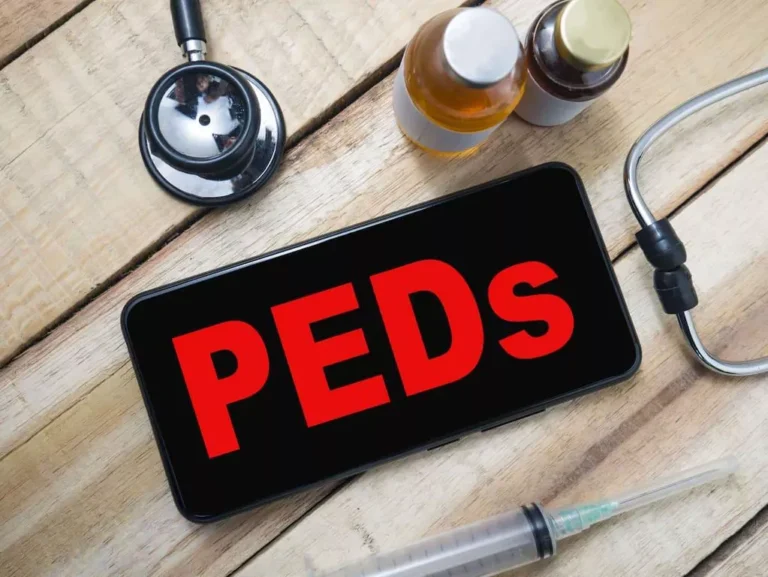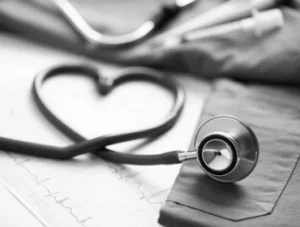

Over time, drinking can also damage your frontal lobe, the part of the brain responsible for executive functions, like abstract reasoning, decision making, social behavior, and performance. Slurred speech, a key sign of intoxication, happens because alcohol reduces communication between your brain and body. This makes speech and coordination — think reaction time and balance — more difficult. That’s one major reason why you should never drive after drinking. Doctors advise not drinking again within 48 hours of a heavy drinking session, to allow the body to recover. Some people will feel unwell immediately after drinking alcohol.


Understanding alcohol use
- With these conditions, you’ll only notice symptoms during alcohol intoxication or withdrawal.
- This kindling effect can also occur after chemical stimulus to the brain or body, such as anti-convulsant medication.
- If a person consumes large amounts of alcohol regularly, their tolerance can increase, and the body requires more alcohol to achieve the desired effect.
- Someone who lives with a digestive problem (such as irritable bowel syndrome) might experience more bothersome or longer-lasting symptoms.
- Many of the symptoms are caused by dehydration, but some chemicals in alcoholic drinks can cause a reaction in the blood vessels and the brain that make symptoms worse.
Along with toxins from alcohol, they can cause inflammation in the organ over time, which can lead to serious damage. After years, that means you won’t be able to make the insulin you need, which can lead to diabetes. At this point, you may have alcohol cravings or drink to avoid the low feelings withdrawal causes rather than for the pleasurable feelings alcohol consumption may offer.


How well do you score on brain health?
Negative emotions, poor judgment, and changes to your vision, hearing, coordination, and memory-making abilities often follow. Alcohol’s impact on cognitive functioning can also make it challenging for people drinking alcohol to form and verbally express coherent thoughts. Normally, this organ makes insulin and other chemicals that help your intestines break down food.


Mental Health and Psychological Effects
Alcohol use disorder can include periods of being drunk (alcohol intoxication) and symptoms of withdrawal. Heavy drinking, including binge drinking, https://ecosoberhouse.com/ is a high-risk activity. The effects of alcohol can range from mild, such as skin flushing, to more severe symptoms such as passing out or vomiting.


Impact on your safety
Through the ages, alcoholism has been undisputedly maintaining its position in the list of risk factors for preventable diseases in the world. According to a WHO report, 5.3% of all deaths that occurred worldwide in the year 2016 were because of harmful alcohol use [1]. It is the main culprit behind the advancing nature of many chronic diseases.
Alcohol expectations


The short-term effects of alcohol appear quickly, typically within minutes after consuming your first drink. As you drink an alcoholic beverage, alcohol moves into your bloodstream through the stomach and small intestine. Because ethanol is mostly metabolized and consumed by the liver, chronic excessive use can lead to fatty liver. This leads to a chronic inflammation of the liver and eventually alcoholic liver disease.
- The bottom line is that alcohol is potentially addictive, can cause intoxication, and contributes to health problems and preventable deaths.
- 25.8% of people classified their recent consumption habits as binge drinking (excessive drinking in a defined amount of time).
- Pancreatitis can activate the release of pancreatic digestive enzymes and cause abdominal pain.
- In general, a healthy diet and physical activity have much greater health benefits than alcohol and have been more extensively studied.
- Alcohol use disorder is a pattern of alcohol use that involves problems controlling your drinking, being preoccupied with alcohol or continuing to use alcohol even when it causes problems.
- Alcohol affects every body system, so it can cause health problems throughout the body.
Pancreatitis can activate the release of pancreatic digestive enzymes and cause abdominal pain. If you drink, you’ve probably had some experience with alcohol’s effects, from the warm buzz that kicks in quickly effects of alcohol on the body to the not-so-pleasant wine headache, or the hangover that shows up the next morning. Since those effects don’t last long, you might not worry much about them, especially if you don’t drink often.
- Behavioral factors of AUD include binge drinking and heavy alcohol use throughout one’s day.
- Alcohol-related blackouts (gaps in your memory while drinking alcohol) can occur because alcohol hinders the ability of the hippocampus to transfer short-term memory to long-term storage in the brain.
- Research also shows that heavy drinking by men may lower testosterone levels and affect the making of sperm.
- Signs and symptoms of withdrawal generally occur between 4 and 72 hours after the last drink or after reducing intake.
- Having a glass of wine with dinner or a beer at a party here and there isn’t going to destroy your gut.
- These symptoms typically improve quickly when alcohol use stops.

No Comments